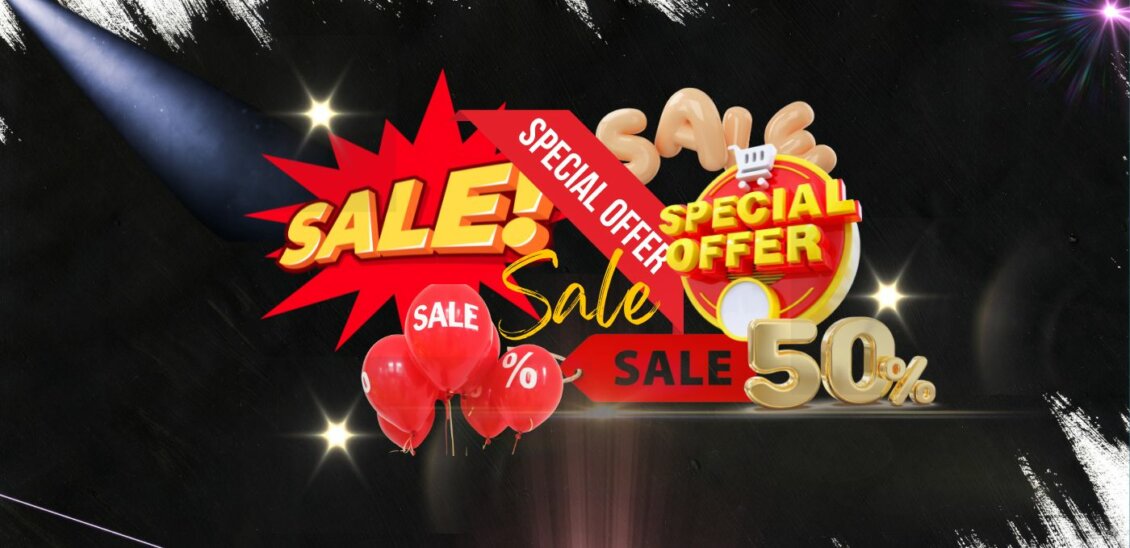
Plugin prices have gone wild, with endless sales, confusing price structures and high-pressure marketing. How do the developers feel about it? We spoke with three of them.
It didn’t used to be like this. Plugins, for the most part, had basic prices. They’d go on sale a few times a year, but essentially, you knew how much they cost. Now, it’s like the Wild West, with all kinds of price confusion.
Some developers price their plugins incredibly high yet constantly run sales to make you feel like you’re getting a fabulous discount. Others rotate their software in and out of bundles, constantly shifting prices to match. And then there’s Black Friday, when some prices drop so steeply you have to wonder if companies are making any money at all.
While this can be confusing and exasperating for end users, you have to wonder how it affects the plugin industry as a whole. Surely there are those who don’t want to play the price shell game, yet feel compelled to do it by industry practices?
We spoke with three companies - FabFilter, Newfangled Audio, and another company that wished to remain anonymous - to find out what they thought.
Before even getting to sales, some basic plugin pricing can be confusing. How do companies decide what number to settle on?
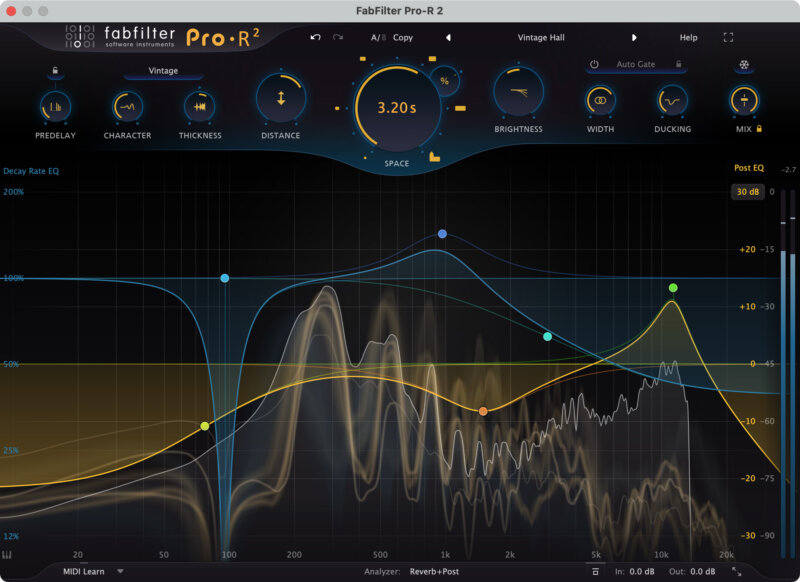
FabFilter differentiates between what it calls Pro and Creative plugins, with the former priced higher than the latter as “they typically take more time to develop,” says producer/engineer Maarten de Boer. FabFiler also offers discounts when you buy multiple plugins at the same time. “If you decide to upgrade to a bundle at a later stage you won't have to buy the plug-in twice and you will receive a loyalty discount for the plug-in(s) you bought earlier,” he says.
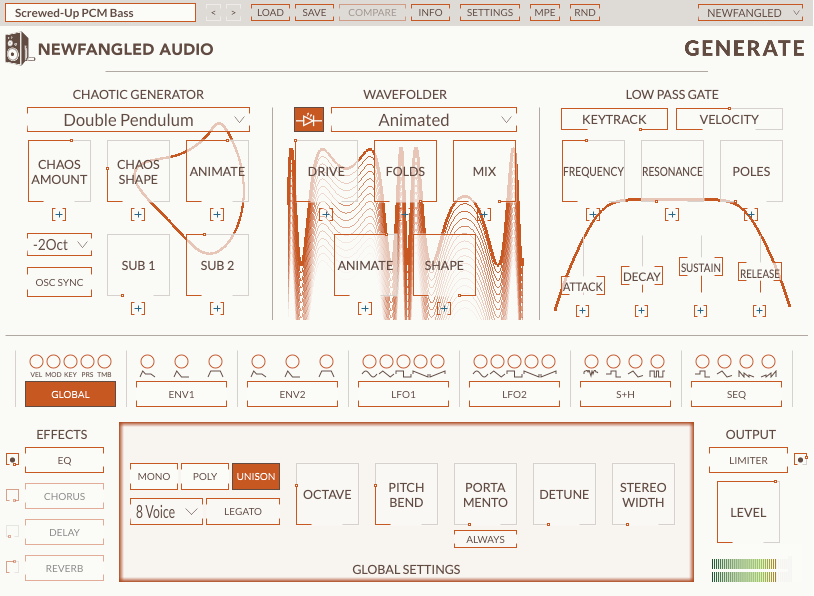
Dan Gillespie, the head at Newfangled Audio, tries to strike a balance between something that will make the customer feel good and a number that will allow them to remain profitable. “We make creative tools, and the goal is to put our users in a creative headspace when using the tool,” he explains. “We want to make every part of the product, including the price, feel good and spark inspiration. And, of course, we need to stay in business.”
“In our case, we try to set our prices at a level where they're reasonable if someone wants to buy at full price,” says our anonymous participant. “At the same time, we try to keep our discounts from being too steep as that would teach our users to never pay full price again. Doing it this way, we've found a balance that just about works for us.”
[quote align=right text="We do want to be inclusive to people in different economic situations, but we need to respect our own work as well"]
While everyone we spoke to periodically offered discounts throughout the year, how much to discount can be tricky. Drop too much, and you risk devaluing the brand - and undercutting your own profits.
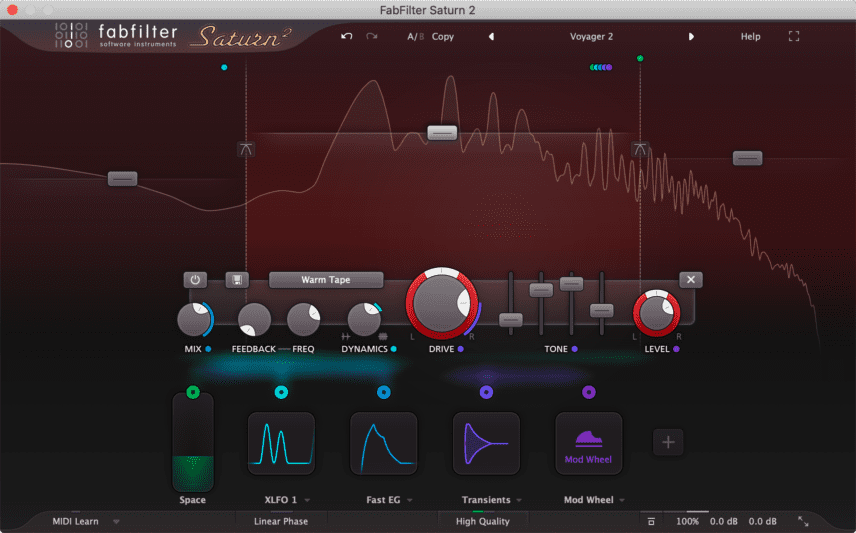
“Pricing and discounts are difficult,” underscores Newfangled Audio. “We do want to be inclusive to people in different economic situations, but we need to respect our own work as well.”
“We stick to the same amount every year,” explains FabFilter. “We're not a big fan of ridiculously high discounts as we feel this is detrimental to a brand. The best discount we offer is our educational discount which students can apply for through our online application form. Educational discounts are set at 50%, while sales discounts are set at 25%. We like to keep it that way.”
Additionally, industry-wide practices can create uncomfortable situations for some developers.
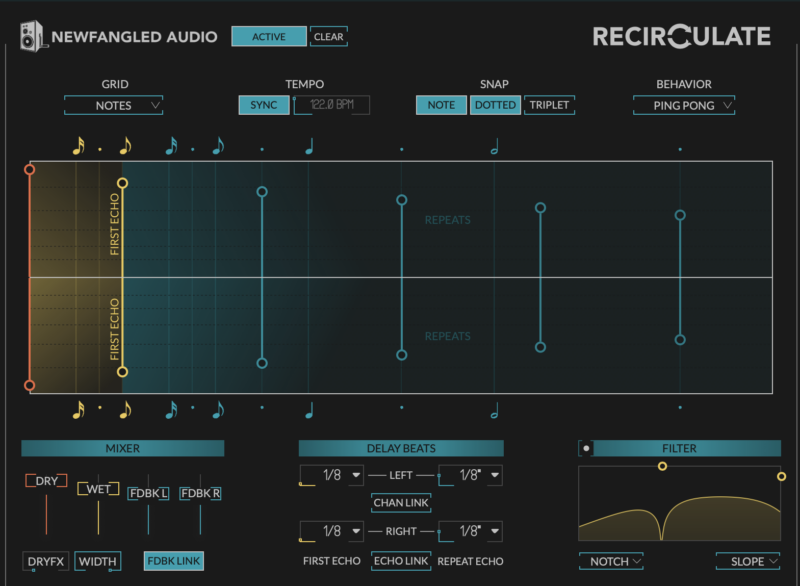
“As a small developer, we feel the pressure to discount more - and more often - than we'd like due to the pressures created by aggressive sales tactics in the industry,” explains the anonymous developer. “It feels like the industry sometimes operates around inflated MSRPs, designed to be discounted. It would be great with a big reset where everyone just offered lower prices in the first place and didn't put their plugins on sale so much. But this idea is obviously utopia as it only takes one to two aggressive discounters to disrupt the order and start a new race to the bottom.”
“It’s possible that some companies set an artificially high price in order to show deep discounts during sales,” agrees Newfangled Audio. “However, I think the deep discounts reflect the changing nature of the music business. Twenty years ago most music was being made at commercial studios. We’ve seen record budgets fall and the number of people making music grow. Ten years ago a product that might sell 1000 licenses to professional studios will now sell 10,000 licenses to independent musicians but at 1/10th the cost - and that’s probably the impetus behind 90%-off sales. But I do think some companies abuse it. I’d prefer to see MSRP prices come down to more reasonable levels and have companies market based on value rather than discount.”
[quote align=right text="As a small developer, we feel the pressure to discount more - and more often - than we'd like due to the pressures created by aggressive sales tactics in the industry"]
Black Friday - the day after Thanksgiving in America - has become a worldwide day for deep discounts. This has come to dominate the price cycle for music software, so much so that consumers have come to expect it. This can create a tough situation for some developers who may not want to - or even be in a financial position to - slash prices.

“We are not the biggest fans of Black Friday,” says FabFilter, “but at some point (I believed 10 years ago), we decided to participate. We're a company based in Amsterdam and prior to 2014, Black Friday was not that big of a deal in Europe. The inquiries for a Black Friday sale at one point became quite overwhelming and (now) all the plugin companies are kind of expected to participate. When I started at FabFilter some 10 years ago I remember people getting quite offended that we didn't participate.”
“There is definitely pressure from customers to run a sale at that time of year,” agrees Newfangled Audio, “but it’s the good kind of pressure because people want to buy your products on sale at that time of year. Doing so does help us keep the business running, but it can also ruin Thanksgiving.”
[quote align=right text="My concerns would be about monopolies forming, or trying to form, and the anti-competitive effects that can have. For instance, if one large company has enough money they could sell plug-ins so cheaply to drive all the competition out of business, then once they have sufficiently cornered the market, they can raise prices at will. That would exploit people trying to make music"]
With so many different pricing models, would the industry benefit from a more transparent pricing scheme? No, it seems - to an extent.
“I think it should be up to each company how they determine their pricing,” says FabFilter, “just as it is up to consumers to decide whether this is an attractive price for them.”
“No, I think audio software is a pretty competitive market and competitive markets tend to be pretty efficient at setting prices,” disagrees Newfangled Audio. “My concerns would be about monopolies forming, or trying to form, and the anti-competitive effects that can have. For instance, if one large company has enough money they could sell plug-ins so cheaply to drive all the competition out of business, then once they have sufficiently cornered the market, they can raise prices at will. That would exploit people trying to make music.”
Similarly, would pricing regulation be beneficial?
“I don’t think there’d be any benefit to regulation of the music software industry,” says Newfangled Audio. “If anything, that kind of regulation would probably increase the price of plug-ins. I think we’re seeing an industry that is transforming, just as the music business has transformed.”
FabFilter has a similar opinion: “I think there is no need for regulation as this is a healthy market - there is plenty of choice both on the low and high end of the spectrum for consumers.”
When we buy plugins, we as consumers tend to think about the cost in terms of how it relates to the number and quality of features but there’s more to it than that. Developers don’t have to factor in the cost of components and manufacturing like hardware manufacturers but there are man-hours to consider - and this applies not only to initial development but to continued updates.
“A good plugin costs a lot of money to develop,” explains Newfangled Audio, “and because of constant changes to operating systems and DAWs, they cost a lot of money to maintain. When a plugin developer sets a price they need to be able to pay for the development, and also all the expected maintenance over the life of the product. When I see a product selling for too little I worry how long the developer plans to maintain that product.”
[social-links heading="Follow Attack Magazine" facebook="https://www.facebook.com/attackmag" twitter="https://twitter.com/attackmag1" instagram="https://www.instagram.com/attackmag/" youtube="https://www.youtube.com/user/attackmag" soundcloud="https://soundcloud.com/attackmag" tiktok="https://www.tiktok.com/@attackmagazine"][product-collection]